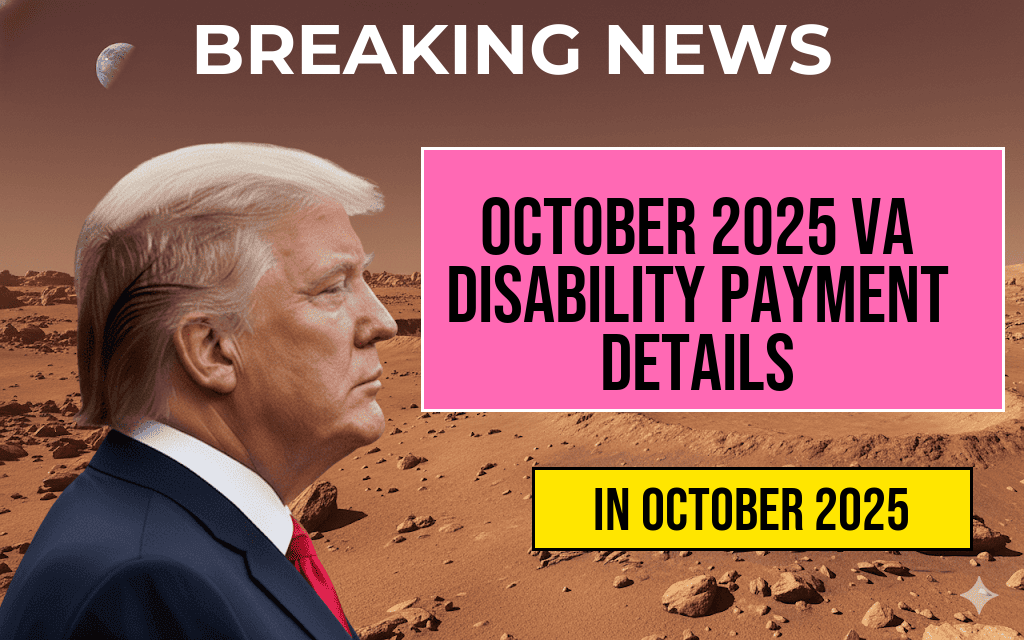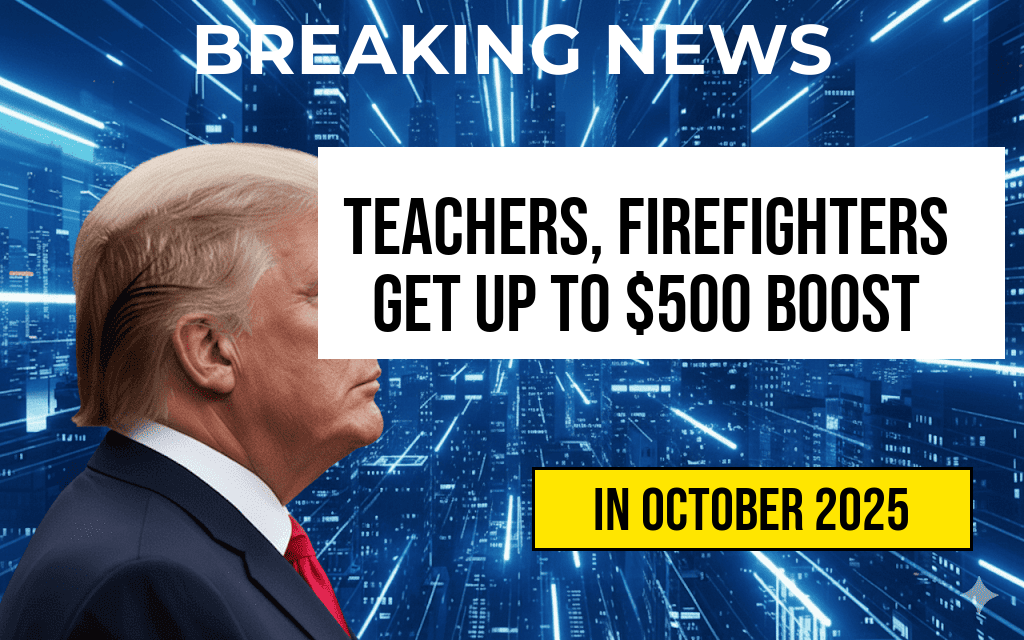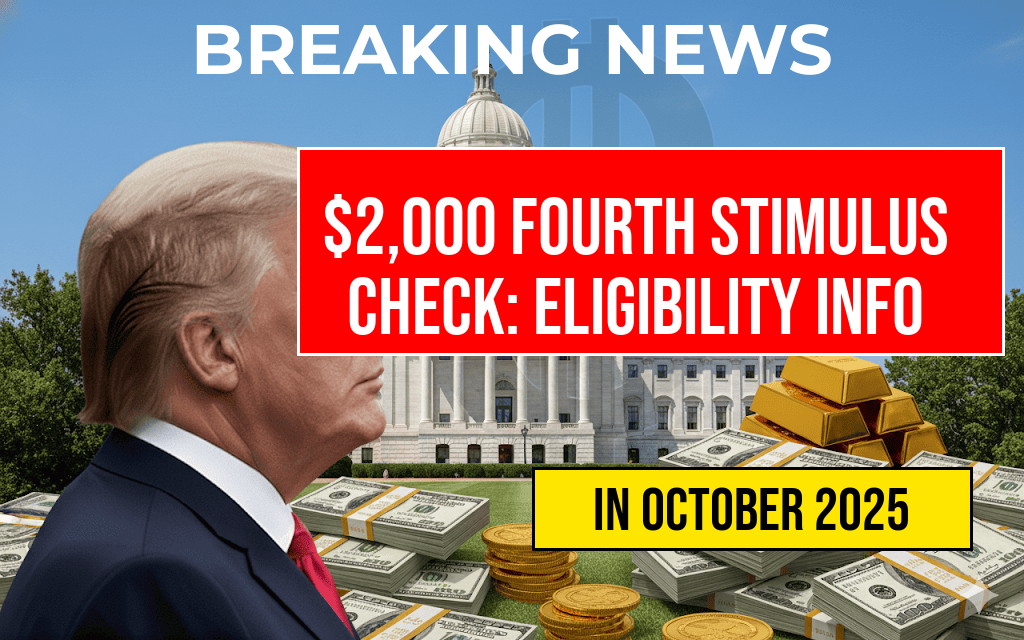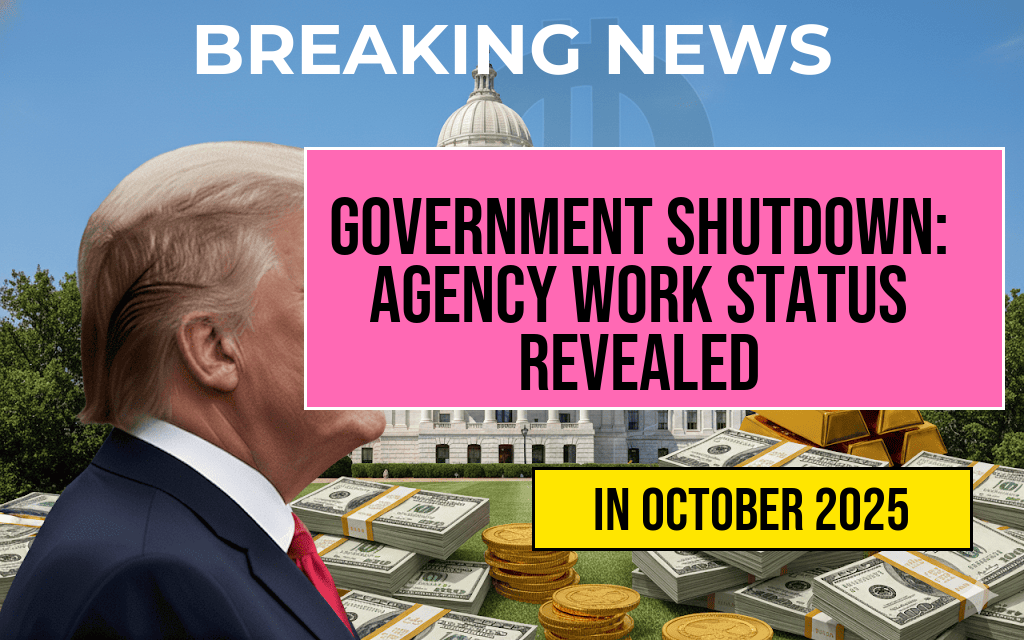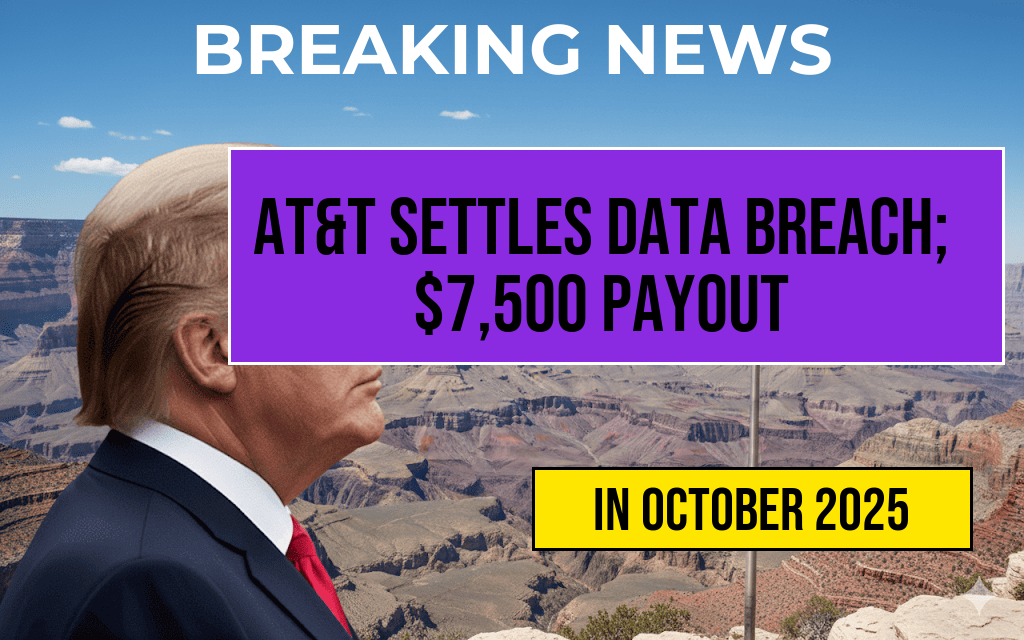As the federal government faces a possible shutdown, agencies across the country are bracing for impacts that can affect millions of Americans. This situation raises pressing questions about which federal workers will continue their duties and which will face furloughs. Key services such as Social Security, the Internal Revenue Service (IRS), Defense, and Transportation Security Administration (TSA) operations are all under scrutiny as officials navigate the complexities of federal funding. Understanding who is working and who isn’t can provide clarity for citizens relying on government services during this turbulent time.
Impact on Key Agencies
The impending shutdown has prompted a detailed examination of essential government services, with each agency outlining its operations based on available funding. Here’s a breakdown of how major agencies will be affected:
Social Security Administration
- Current Status: Services will continue, but new claims may experience delays.
- Essential Functions: Payments to retirees and other beneficiaries will not be interrupted.
Internal Revenue Service (IRS)
- Current Status: Most IRS employees will be furloughed, impacting tax processing.
- Essential Functions: Limited services will be available for urgent taxpayer issues.
Department of Defense (DoD)
- Current Status: Military personnel will continue to be paid and work.
- Essential Functions: Operations critical to national security remain intact.
Transportation Security Administration (TSA)
- Current Status: TSA agents will report to work but may not receive pay during a shutdown.
- Essential Functions: Airport security screenings will continue, albeit potentially with reduced staffing.
Detailed Agency Breakdown
| Agency | Status During Shutdown | Key Services Affected |
|---|---|---|
| Social Security Administration | Operational | Payment processing continues; new claims delayed. |
| Internal Revenue Service | Partially Operational | Tax processing and customer service limited. |
| Department of Defense | Fully Operational | Military pay and critical operations ongoing. |
| Transportation Security Administration | Operational | Security screenings continue; staffing may be reduced. |
| Department of Education | Partially Operational | Federal student loans and grants may face delays. |
Consequences for Citizens
The ramifications of a government shutdown extend beyond just the employees affected. For many Americans, the availability of critical services is at stake. Citizens relying on Social Security benefits can breathe a sigh of relief knowing their payments will continue, although new claims may face delays. Taxpayers, on the other hand, may find themselves in a difficult position as the IRS halts most operations, leading to potential complications in tax filings and refunds. For travelers, TSA operations will persist, but longer wait times could be expected due to reduced staff.
Federal Employees and Furloughs
The government shutdown will also impact federal employees differently across various agencies. While military personnel will continue their essential duties without interruption, many civilian employees will be placed on unpaid leave. This uncertainty not only affects their financial stability but also raises concerns about the overall efficiency of government functions during this period.
The Path Forward
As Congress debates funding and budgetary issues, the situation remains fluid. Government officials and agency leaders are working diligently to mitigate impacts on services, but the reality of a shutdown poses significant challenges. Stakeholders from various sectors are advocating for swift resolution to avoid prolonged disruption of vital services and to protect the livelihoods of federal employees.
For more information on the implications of a government shutdown, visit Forbes or Wikipedia.
Frequently Asked Questions
What is a government shutdown?
A government shutdown occurs when Congress fails to pass funding legislation for government operations, leading to a temporary closure of non-essential services and agencies.
Which federal agencies remain operational during a shutdown?
During a government shutdown, certain agencies, such as the Department of Defense and Social Security, may continue to operate, while others, like the IRS and TSA, may halt certain functions.
How does a government shutdown affect Social Security payments?
In most cases, Social Security payments continue during a government shutdown, as they are funded through mandatory spending rather than discretionary funding.
What services are impacted by a government shutdown at the IRS?
The IRS may limit its operations during a government shutdown, potentially delaying tax refunds and customer service responses, as many employees may be furloughed.
Can travelers expect delays at TSA during a government shutdown?
Yes, the TSA may experience staff shortages due to a government shutdown, which could lead to longer wait times and delays at airport security checkpoints.

